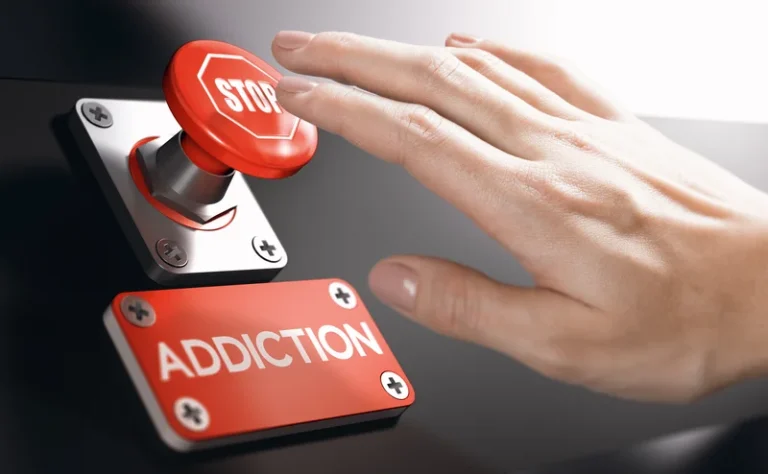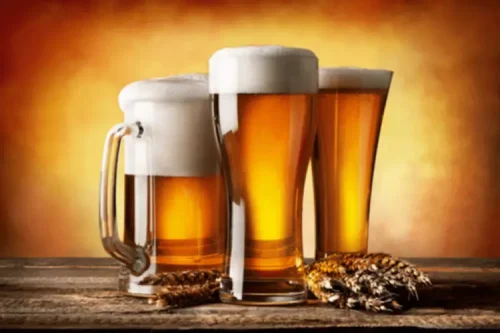
The few studies focusing on alcohol’s direct effects on perfusion in human kidneys suggest that regulatory mechanisms retain control over this component of kidney function despite alcohol consumption. Even at high blood alcohol levels, only minor fluctuations were found in the rates of plasma flow and filtration through the kidneys (Rubini et al. 1955). Additional studies are needed to confirm these observations, however. The kidney tubules play an important role in keeping the body’s water and electrolyte levels in equilibrium. In many cases, control mechanisms govern the rate of reabsorption or secretion in response to the body’s fluctuating needs (see table for a summary of the body processes influenced by key electrolytes). Under the influence of antidiuretic hormone (ADH), for example, the tubules can create either a concentrated urine, to discharge excess solutes and conserve water, or a dilute urine, to remove extra water from body fluids.

Drinking patterns and associated effects
In fact, alcoholism is a serious problem in Asia, where 10.6–23.67% of men and 1.84–5.3% of women have a history of excessive alcohol consumption [3–9]. The organization adds that regular heavy drinking can lead to CKD and that this type of kidney disease does not resolve with time. This type of sudden-onset kidney damage often resolves with time, but it can be lasting in some cases. Like the kidneys, the liver plays an important role in maintaining acid-base balance.
Five Drugs You May Need to Avoid or Adjust if You Have Kidney Disease
Your body breaks alcohol down into a chemical called acetaldehyde, which damages your DNA. Damaged DNA can cause a cell to grow out of control, which results in cancerous tumors. Pancreatitis can be a short-term (acute) condition that clears up in a few days. But prolonged alcohol abuse can lead to chronic (long-term) pancreatitis, which can be severe.
- Although the mechanism of alcoholic myopathy is not fully understood, it is likely that disruption of mitochondria-related energy homeostasis is important in promoting muscle cell (myocyte) injury (Eisner et al. 2014).
- Moreover, if you have a family history of kidney diseases, regular checkups can be useful in detecting kidney damage early on, according to Langham.
- Hu et al. found that people who consume high levels of alcohol may have poorer-quality diets than never drinkers and light-to-moderate drinkers; however, the protective effects of alcohol consumption are not offset by their unhealthy diets [83].
- There are mixed conclusions about whether or not alcohol causes kidney failure specifically.
- Nitric oxide synthase stimulates the production of nitric oxide, which, if produced excessively, can react with other molecules and create free radicals that trigger tissue damage in the kidneys (Pacher et al. 2007; Szalay et al. 2015).
Assessment of alcohol consumption

Even if your relationship with drinking consists of occasional social drinking with friends or occasionally over-indulging in wine and cocktails during the holiday season, alcohol can still leave its mark. More information and support for people with alcoholic liver disease and their families can be found by joining support groups for alcoholism or liver disease. Alcoholic liver disease is damage to the liver and its function due to alcohol abuse.
Health Categories to Explore

This can lead to inflammation and an increase in scar tissue, which can seriously impact your liver’s ability to function as it should. Severe alcoholic hepatitis can come on suddenly, such as after binge drinking, and can be life threatening. In mild alcoholic does alcohol affect your kidneys hepatitis, liver damage occurs slowly over the course of many years. Alcoholic fatty liver disease can be reversed by abstaining from alcohol for at least several weeks. When liver damage has happened due to alcohol, it’s called alcohol-related liver disease.
- As the evening progresses, you spend most of your time in the toilet.
- This indicates that moderate drinking may be beneficial for patients with CKD, but it is not enough to offset the adverse effects of metabolic disease on these patients.
- This indicates that long-term ethyl alcohol consumption can activate both intrinsic and extrinsic pathways of apoptosis in the kidneys (Figure 1).